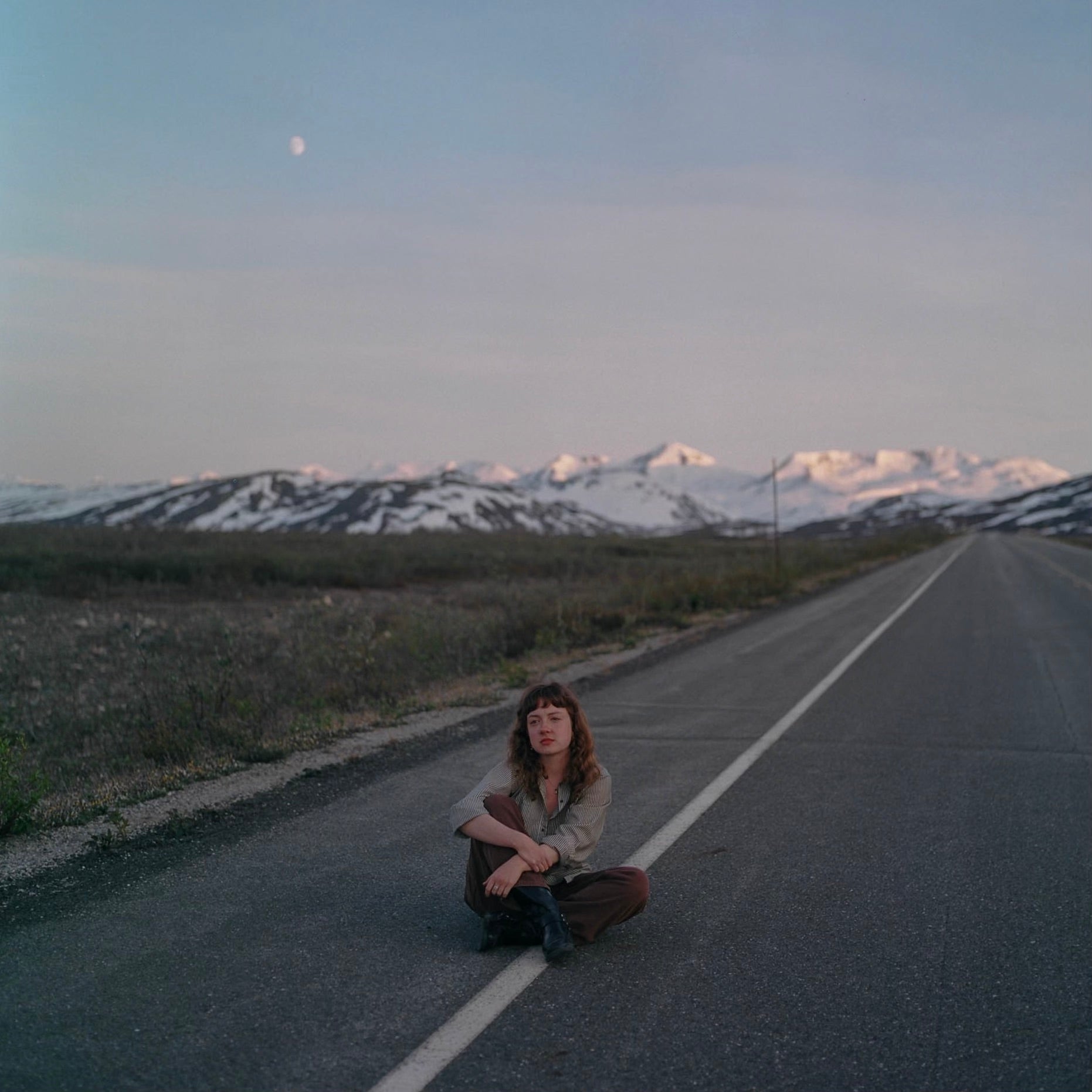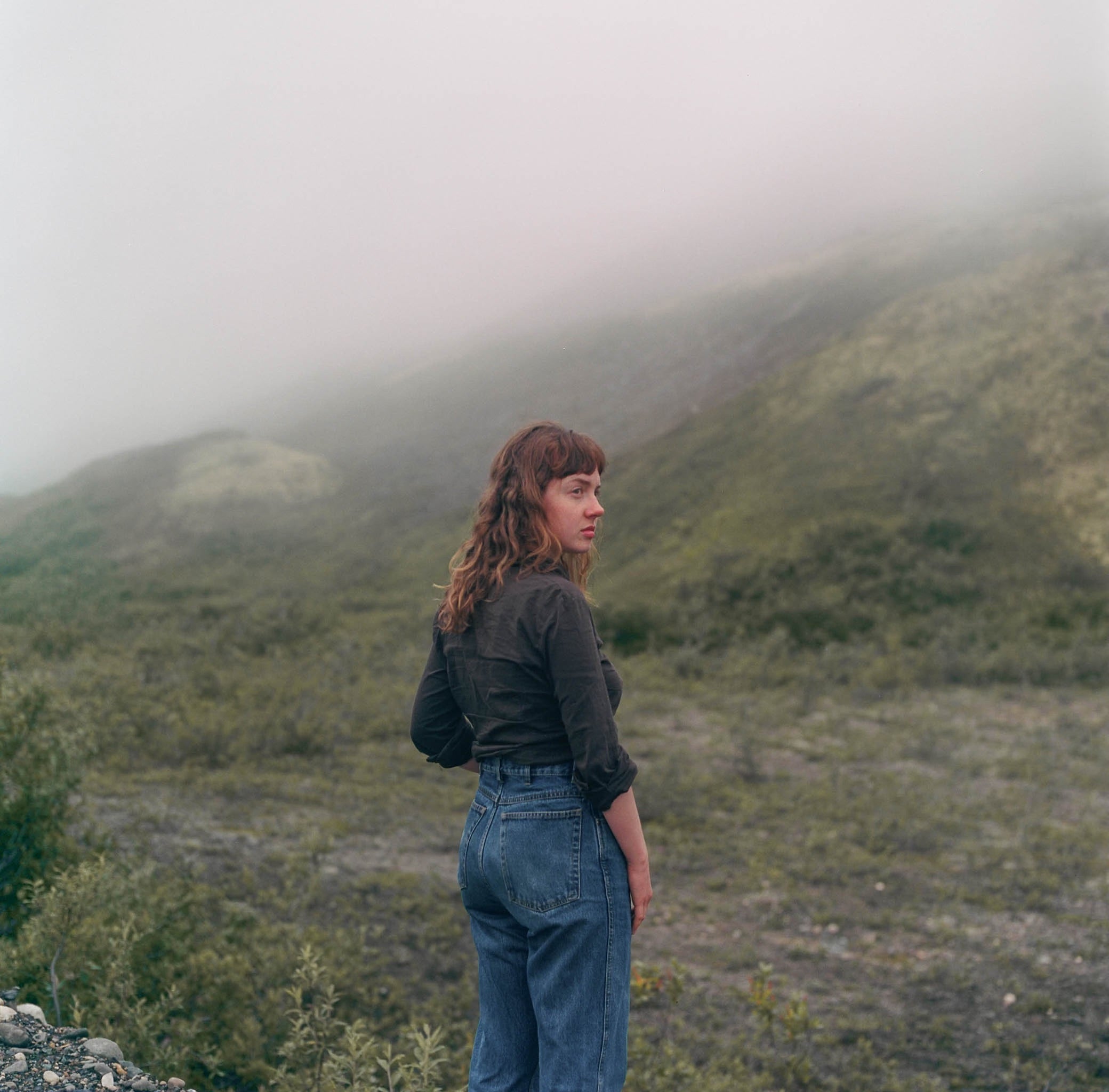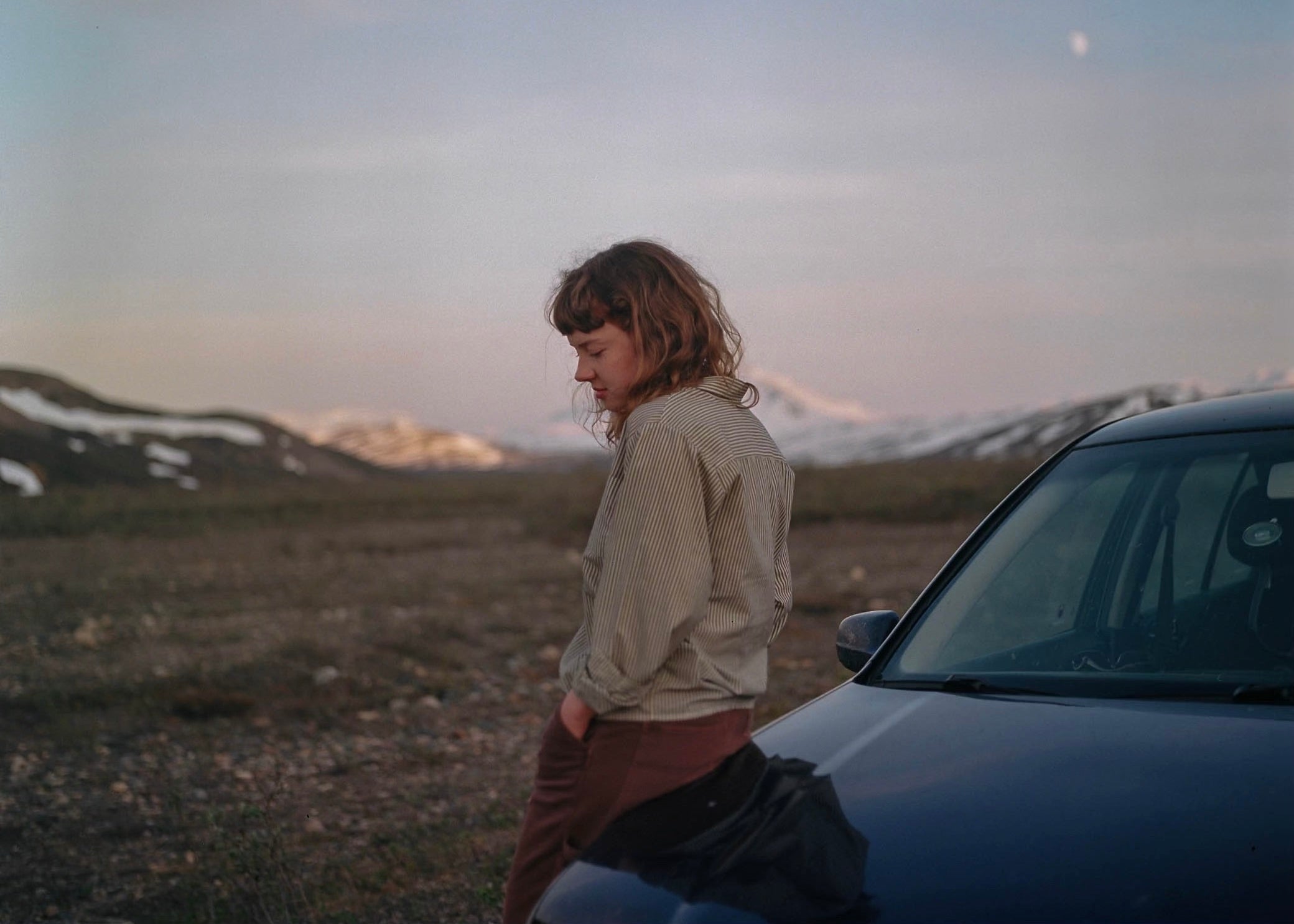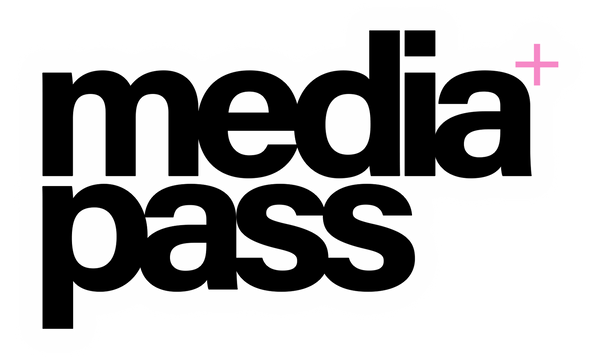
"Leave The Light On": A Conversation with Rachella Wred
Interview by Imani Dominique Busby
Photography provided by Take Aim Media
Now based in Montreal after a creative resurgence sparked by time spent in British Columbia, Rachella Wred blends folk, indie, and acoustic textures with candid reflections on love, identity, and growth. In this conversation, she opens up about her artistic journey, the role of nature in her songwriting, and the emotional weight behind her debut album, Leave the Light On.
Please tell us a bit about yourself and why you started making music.
I feel like I've always sung. My mom would talk about how I would sing in the crib in the morning for hours, and she would just lie in bed and listen to music when I woke up, before I could even really walk. So I think I was always drawn to it.
I studied classical piano and classical voice, and I studied music in university. It was amazing to learn in an academic context, but it also limited my creativity. During COVID, I picked up the guitar for the first time and started teaching myself acoustic guitar. That opened up the doors again because I was able to follow what felt good instead of being more rigid with theory.
I didn't come from a super musical family. They were music appreciators but not players. So it took me a while to find my voice, but I’ve always loved to sing. Writing and singing have always been something that I’ve done. I remember I used to have a little Casio keyboard that would play the Beatles’ “Let It Be”, and I would write lyrics to it. I thought they were mine. I’d never heard the song before and was like, “Yeah, this is my song,” and I wrote about a bug on the ground or whatever. I think those were my first songs when I was seven or eight.

In a similar vein, it was mentioned that you began to connect with nature after moving back to B.C. during COVID-19. Would you say that there is a place or experience with nature that has inspired your music?
I think with things slowing down, I was forced to be back home. I was going for a lot of hikes, swimming in the ocean, and life really slowed down for everybody. It forced me to stop and listen. For this record, I used a lot of field recordings. I recorded my mom unloading the dishwasher, the sound of rain, the sound of waves, and used those in a lot of the tracks on the album. That made it feel super personal, even some home recordings, too.
I think moving back to BC and spending a lot of time in the quiet helped me slow down and explore. That’s also when I started playing acoustic guitar. I would say probably out west, for sure, is where I feel the most inspired and grounded.
That's incredible. You also recently moved to Montreal. Has being there had an influence on your sound and your artistry?
I moved to Montreal after I graduated university, in 2022, I think. Or 2021. I was working at a cafe that had live music all day, every day, and I was too shy to play. It was really awesome. The cafe was open from 9:00 or 10:00 in the morning, and they had hour-long slots all day. There was so much music and so many different kinds of music and people. It was so inspiring. I was able to go to a lot more shows. In Montreal, there’s just music around every street corner. It’s so culturally rich. It was a beautiful post-COVID reopening.
In your experience, have you noticed a difference in the music scenes between B.C. and Montreal, and has that impacted your experience as an artist?
To be honest, I haven't really lived in B.C. as an adult, besides during COVID. I moved away when I was 18 and haven't lived there since. So I haven’t been an active musician in and around Vancouver. My main experience is really a little bit in Ottawa, where I went to university, and mainly in Montreal, where I really took the bull by the horns.
I feel like Montreal is such a great city to do that as well. There’s such a thriving musical culture. That’s really incredible. In the description for “Fruity Fingers,” it's mentioned that it started as a blocked writer's exercise. How did you know you wanted to take that idea further than just the activity?
I hadn’t written in a while, so I was trying to force myself to come back to music again. A lot of the songs at the beginning felt really stilted. I think I was writing from an outsider’s perspective. I was so conscious of what people would think as they were listening. “Fruity Fingers” just felt fun. A lot of my music is very introspective and maybe a little heavier. This just felt good and fun. I was learning some new fingerpicking and going to more Americana shows in Montreal. It just felt good and fun and light, and I followed that.

Oh, that’s amazing. That’s really cool. I really liked that song. I also listened to “Bend and Break,” and I really love that one. It’s very moving. I was wondering if you could share a bit about the inspiration behind that song.
Yeah. I had just gone through a musical and romantic breakup that was pretty untethering. I felt pretty lost after. Music didn’t feel like my own anymore because I associated it with this person and doing it with them. I wrote this song. It was the last one. I had just moved to Montreal and felt like I didn’t really know what I was doing. It was really cathartic. After that, I don’t think I wrote anything for probably a year. I just went out, made friends, and lived a vibrant life in Montreal, but I wasn’t really doing music at all. It was this release, and then I threw music to the curb for a while.
I feel like you can definitely tell that vibe of transition, moving through or away from a person or a situation. That’s a very vulnerable song that you made.
Thank you. Yeah.
You’ve also cited artists like Laura Marling and Adrianne Lenker as influences. What about their music inspires you?
Oh, man. They’re so amazing, both of them for different reasons. I don’t know if you read this, but I did this online songwriting course called School of Song. It’s based in LA but over Zoom. I just finished the Laura Marling one two weeks ago, and she was the instructor. The first one I did was taught by Adrianne Lenker. I’ve learned so much from them, not only by listening to them but also by taking those courses.
The main takeaway is, does this feel good, versus does this sound good? Follow what feels good and don’t self-judge as you write. Just keep going. Don’t edit during the writing stage. Follow your curiosity and what feels good to play and think. Sometimes it’s not the thing that makes the most sense theoretically.
That’s amazing. I really like that philosophy of following what feels good. What impact do you hope that Leave the Light On has on its listeners?
Honestly, I just hope people are able to find bits of themselves in it. The type of music that has impacted me the most is when I hear a line and think, “Whoa, I feel that way.” It is my personal experience and wrestles with feelings I’ve had in my 20s, being far from home and coming of age. I hope people identify with little nuggets of lyricism or some of the field recordings, like my mom or whatever, and are able to find pieces of themselves in it.
What are you most excited about for your show today?
I’m so excited because I’ve never played in Toronto before. I’m super pumped to be here. I can’t wait. This showcase is such a cool event that happens every month. I’m honored to be on the bill with a bunch of up-and-coming and diverse artists. I’m super excited to play Toronto and be a part of this event.
That’s amazing. Congratulations. That’s going to be such a good show. Well, thank you so much for your time and for speaking with me. It’s been wonderful learning more about your art and your music. I wish you the best with your show today.



